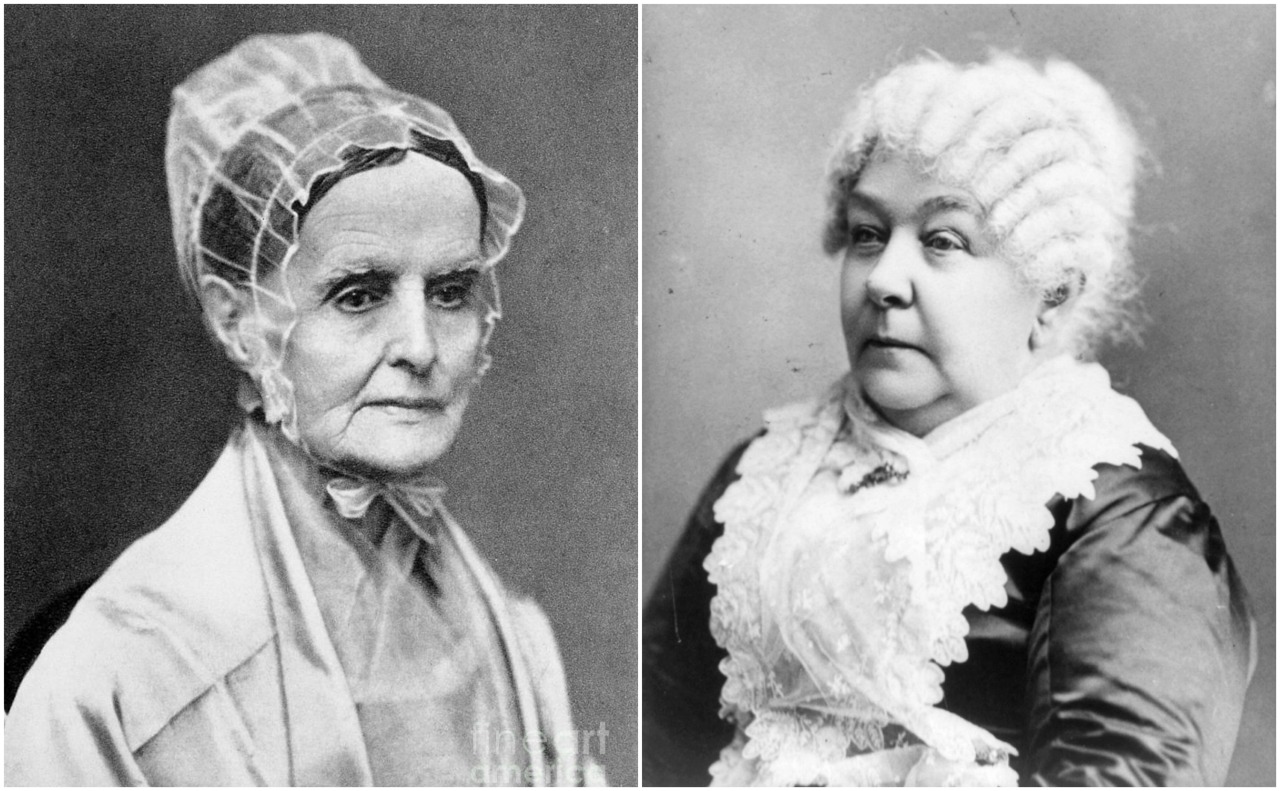Women Take a Proactive Role

At a small tea hosted by Jane Hunt in 1848, Elizabeth Stanton, Lucretia Mott, and two other women had dinner together and discussed how frustrating it was to be treated as second-class citizens because they were women. The women were fed up with being cast aside. They were tired of having their property and money controlled by men, having limited employment options, being discouraged from attending college, and being prohibited to vote.
The five women decided to host a gathering of men and women ten days later, known as the Seneca Falls Convention. Hundreds of people attended the event, July 19-20, 1848, and Elizabeth presented “The Declaration of Sentiments” which was modeled after the Declaration of Independence and outlined the direction of the women’s rights movement.
The Declaration of Sentiments included a list of examples of how women were oppressed, such as being prevented from owning land or earning money; being prevented from voting; giving the authority to men in divorce and child custody proceedings; being prevented from earning a college education; being subjected to a different moral code than men; and being expected to be dependent on or submissive to men.

